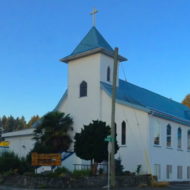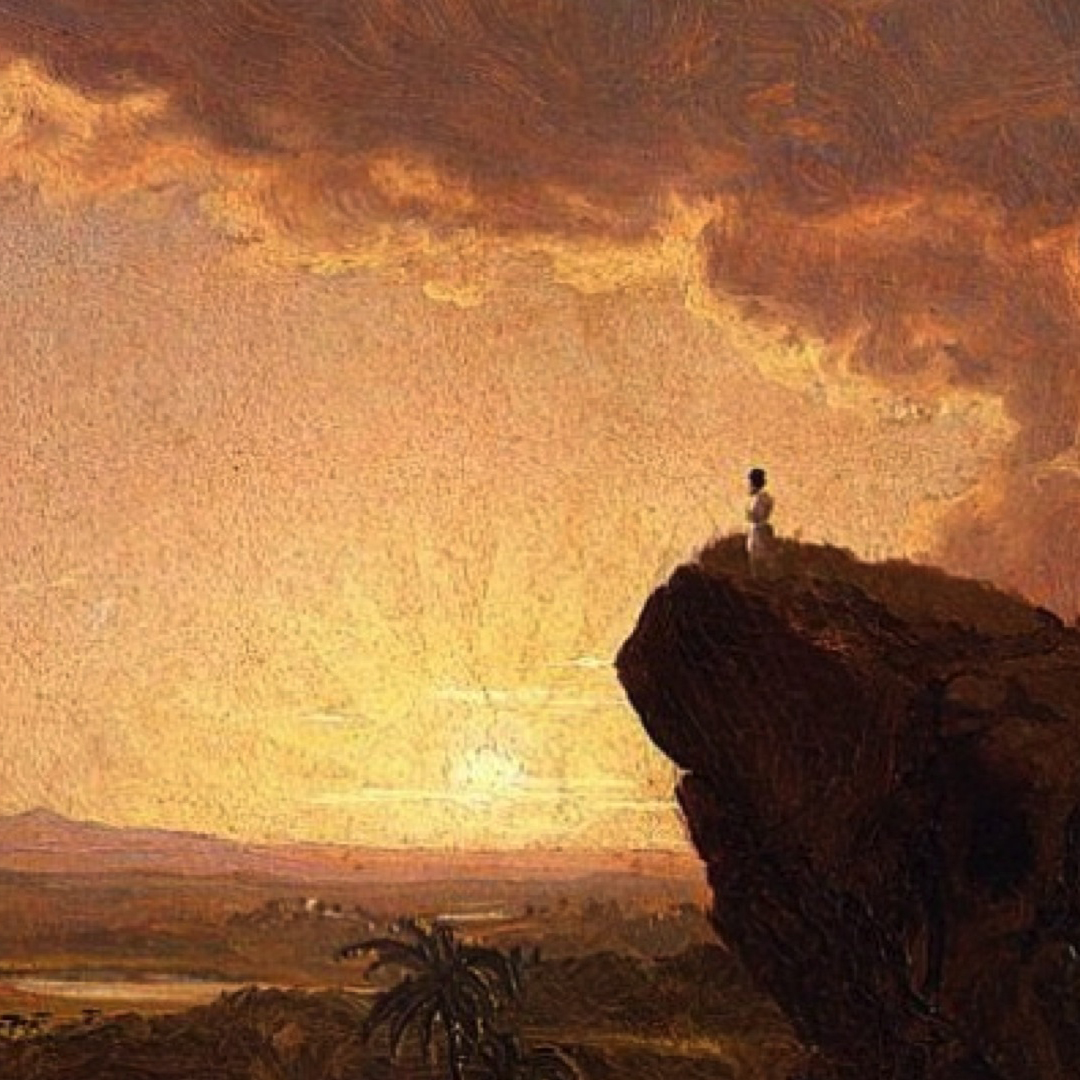This week at Chemainus United Church we finished up following the story of Exodus. In order to do so, we moved to Deuteronomy for the final concluding movement of the life of Moses – his death. A special thank you to the children and youth who helped illustrate the sermon.
In the sermon, I didn’t feel like there was enough time to talk about the fact that Moses doesn’t make it to the promised land – and frankly, I’m not sure how much more I’ll be able to add, but here we go.
It starts with a formula:
sin = death
The writer of many of the Epistles, Paul, writes this famous formula explicitly. While it’s not written in these words earlier in scripture, the idea is there. Take Genesis 3. Eat the apple (or other fruit) and die. And in the other laws laid out in the Pentateuch, the punishment for many, but certainly not all, of the sins is death. In Deuteronomy 30, it says that if you follow the laws, you will live. If you don’t, you will die.
Honestly, the formula makes me cringe. It sounds terrible and macabre. It doesn’t sound like the God I want to worship – nor is it the God that I believe in. So, what do we make of it?
Let’s first clarify one thing. Death takes on multiple forms. You can die physically. You can die spiritually. You can die mentally. You can die emotionally. You can die in many other ways too.
When we are talking about death, then, can we be talking about other forms of dying. I think so.
Various forms of philosophy speak about interconnectedness. A human being is connected with their community in the people they know and even people that they don’t know. Moreover, humans are connected to the wider web of life – plants, animals, universe and so on. The effect of negative actions on the web causes the entire web to be effected. Sometimes these effects are more detrimental than other, but they all affect it in some way. Connections are broken and the web is weighed down or broken.
The reverse can also be true. Positive effects enforce and change the web for the better.
Sin means missing the mark. Missing the mark, like I said, affects the web. It causes death. So can sin cause death? I think so, but I need to make sure these verbal gymnastics are in place.
But that is only part of the story.
Because even if sin causes death, it’s also hard to believe in a God that forbids a faithful leader from 40 years of hard work for simply hitting a rock instead of speaking to it (Number 20). Tis may be a good place to say, “I don’t know what to do with this text”
I wanted there to be more grace in the text and I find it hard to see.
Here are some possible outs. They don’t explain anything fully, take them for what you will:
- The Moses narrative needs to come to an end. How could the writers make it come to an end? Write a different version of the stories of the water. Or less intentionally, make a way for the different and contradictory stories of Moses to fit together.
- Notice that the story doesn’t reference the incident from numbers. It’s a completely different book. Life ends and God knew the life of Moses was ending.
- Go back to the burning bush. The promise from God to Moses at the burning bush is not the Promised Land. The promise is that the people will worship god on the mountain. They’ve done that. The task of Moses is complete. New leadership will take them the rest of the way.
Do you buy any of this? Do you grace in the story? I’d love to hear your ideas. Peace and grace to you.

